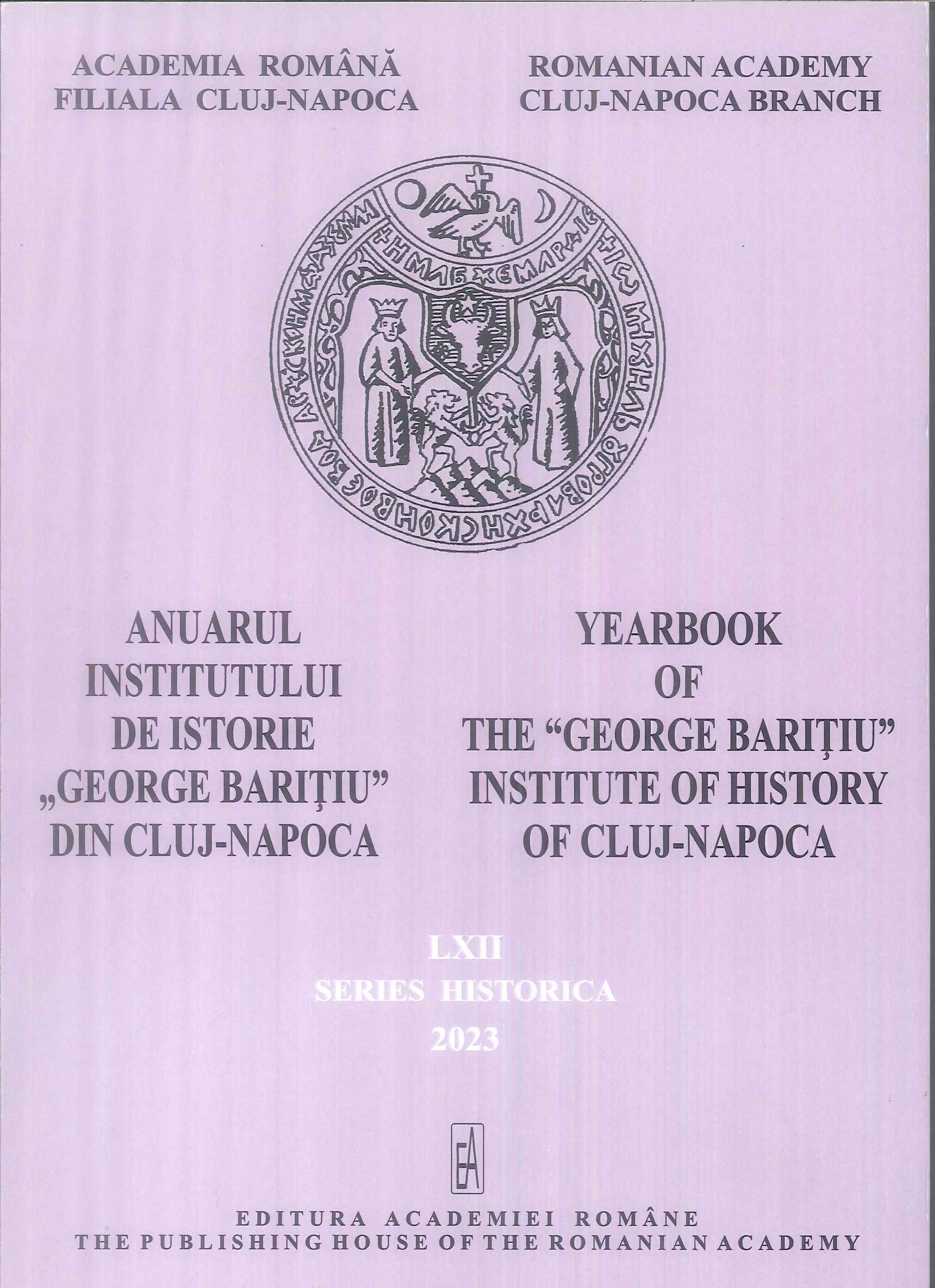Testamentul doamnei Agnes, văduva lui Petrus Moldner din Bistrița (1531)
The will of Mrs. Agnes, the widow of Petrus Moldner of Bistrita (1531)
Author(s): Lidia GrossSubject(s): History, History of Law, Civil Law, Gender history, Modern Age, 16th Century
Published by: Editura Academiei Române
Keywords: urban testament; community; patriciate; piety; Bistrița; Agnes; Petrus Moldner;
Summary/Abstract: The last will and testament, situated on the border between official and private, becomes a privileged source for the reconstruction of what is generically called „microhistory”. Less studied Transylvanian urban testaments from the medieval and pre-modern periods provide ample support for the identification of the testator's family cosmos, his community of residence, the ties he formed therein, etc. The testament of Mrs. Agnes (1531), the widow of Petrus Moldner, a merchant whose ascension ensured his access to the city council of Bistrița, becomes an important source for the restitution of some aspects of material civilization characteristic of the urban elite, of the interpersonal relationships that family members had established, and not ultimately for outlining the piety that was characteristic of the testator. Heiress to a sizable fortune, Mrs. Agnes donated it primarily to save her own soul at a time when the religious Reformation is also felt in Bistrița. This fact caused the „reaction” of 19th century historians, who were astounded by this woman's adherence to the values of the Catholic Church. Beyond the already existing rivalries, the magistrate's objection reflectes the lay authority's attempt to halt these donations pro salute anime, in accordance with the Saxon University's ruling in 1525 and the new reforming atmosphere.
Journal: Anuarul Institutului de Istorie »George Bariţiu« - Series HISTORICA
- Issue Year: LXII/2023
- Issue No: 62
- Page Range: 67-86
- Page Count: 20
- Language: English, Romanian

